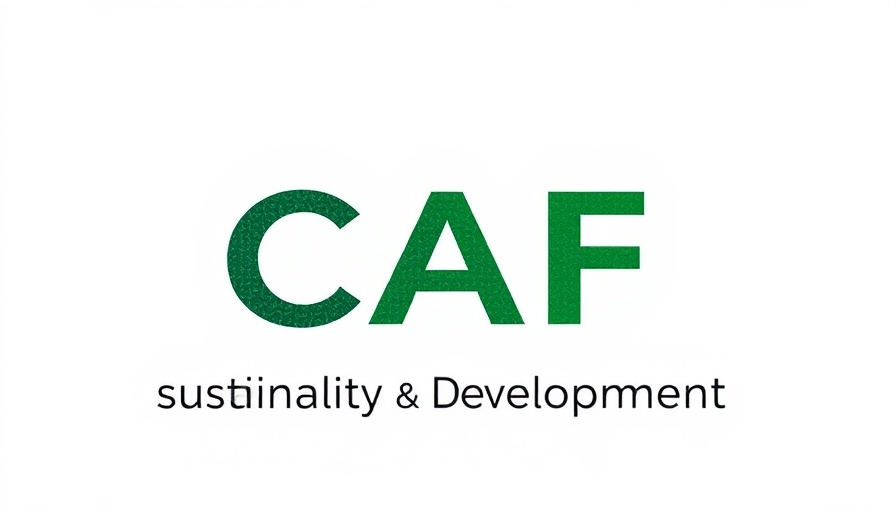
CAF's Strategic Commitment to Sustainable Development
In a significant move aimed at advancing sustainable infrastructure across Latin America, the Development Bank of Latin America, known as CAF, has approved an impressive USD 1.086 billion for strategic operations targeting Brazil, Colombia, Uruguay, and Chile. This approval, stemming from CAF's 56th board meeting, underscores the organization's dedication to facilitating climate resilience and modernizing critical infrastructure throughout the region.
Revolutionizing Transportation and Water Security
Taking center stage is Colombia's ambitious project to reactivate its railway system, supported by a USD 300 million investment from CAF. This initiative promises not only to revitalize transportation but also to electrify public transit, drastically reducing carbon emissions and bolstering the nation's economic competitiveness.
Meanwhile, in Uruguay, a USD 130 million allocation toward constructing the Casupá Dam represents a monumental step in enhancing water security for over two million citizens. With a storage capacity designed to sustain drinking water supplies during droughts, this project emphasizes CAF's commitment to ensuring access to clean water as a fundamental human right.
Urban Modernization and Access for Small Enterprises
In Brazil, the Urban Infrastructure and Development Program in Cabo de Santo Agostinho has received a USD 96 million boost, laying the groundwork for urban mobility enhancements and basic sanitation improvements that will benefit approximately 200,000 residents. This focus on developing smart cities reinforces the interconnectedness of urban living and sustainable practices.
Furthermore, in Chile, the existing revolving credit line for Banco Estado has been increased to USD 300 million, promoting access to financing for micro, small, and medium-sized enterprises. This support prioritizes women-led ventures and green projects, illustrating CAF's focus on inclusive economic growth.
Looking Towards a Sustainable Future
As CAF ramps up investment in sustainable infrastructure, it is not just about the funds allocated but the transformative impact these projects are destined to have on local communities and ecosystems. With similar endeavors reported in a recent approval of USD 5.2 billion to drive infrastructure and energy transitions across multiple Latin American countries, it is clear that CAF is at the forefront of a remarkable shift towards sustainability in the region.
These initiatives pave the way for regional cooperation and innovation, as countries harness development to meet both environmental challenges and social needs. Investing in sustainable and resilient infrastructure could be the key to not just recovering from past setbacks but propelling Latin America into a prosperous and climate-resilient future.
 Add Row
Add Row  Add
Add 




Write A Comment